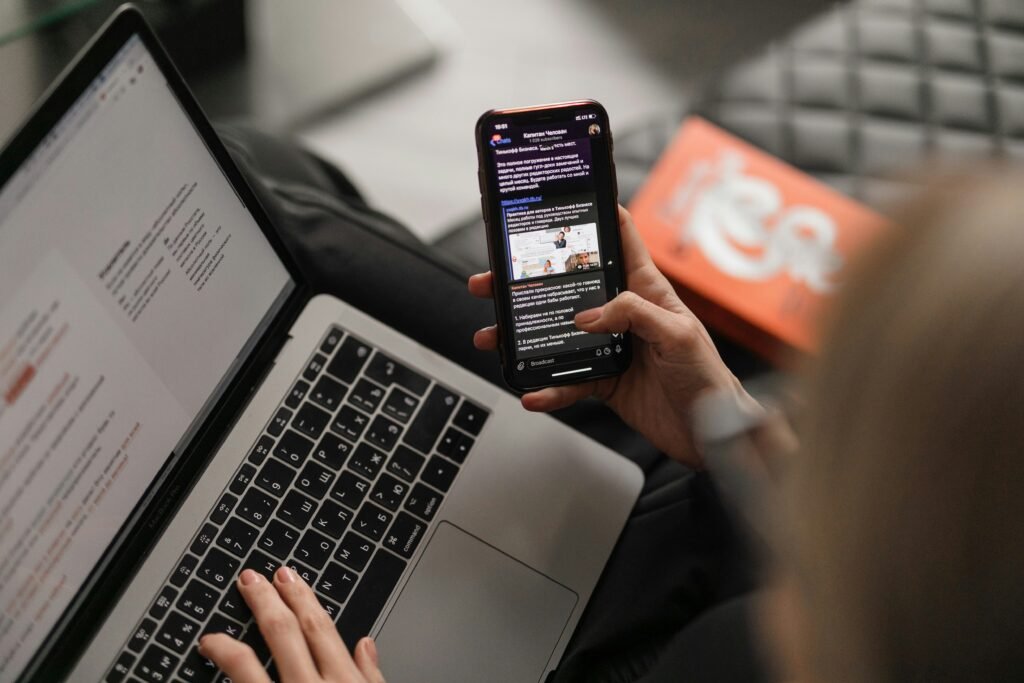I absolutely love travelling but when it comes to thinking about the most financially savvy ways of taking a trip it can be a minefield.
Luckily for you we learnt a lot whilst we were on our adventures and are here to share our top tips to help save you some extra money and eliminate any stress along the way.
1. Use a Debit card with no Foreign Exchange Fees
Choose a debit or credit card that doesn’t charge foreign transaction fees. These costs can really add up when overseas and are a hidden cost nobody wants. We used ING Orange Everyday Reward Card and it saved us hundreds if not thousands of dollars in fees over the course of our long trip. HSBC have a similar card but research for other options in your home country.

2. Always Pay in the Local Currency
When paying with your card abroad, you may be given the option to pay in your home currency or the local currency. Always select the local currency to avoid hidden fees and you can often secure a better exchange rate too. The same applies for online shopping.

3. Research ATMs Before You Withdraw
Not all ATMs are created equal. To avoid high withdrawal fees or scams:
- Research the best ATMs in your destination using Google or travel forums.
- Stick to ATMs affiliated with well-known banks.
- Be cautious of standalone ATMs in tourist hotspots.

4. Carry Backup Credit Card
Have at least one backup credit card for emergencies. You don’t want to be stuck if you lose your card. I’d recommend both a Visa and a Mastercard, as they are the most widely accepted. American Express offers great perks, but it’s not always accepted. Also make sure to have a credit or debit card in your phone wallet as well as another backup.

5. Notify Your Bank Before Travelling
Avoid the frustration of a frozen card by notifying your bank about your travel plans. Most banks let you do this easily through their mobile apps, making it nice and simple.

6. Ensure Two-Factor Authentication Works
If you’re using two-factor authentication for banking, check that it will still work if you change your SIM card while travelling. Also always keep your bank’s international contact number somewhere easy to access in case you encounter issues.
7. Avoid Airport Currency Exchanges
Currency exchange kiosks at airports often have terrible rates and high fees. Instead exchange a small amount before you leave or use the local ATM’s on arrival.
8. Research Tipping Customs
Research tipping customs in the countries you are going to as they really can vary. Some will be compulsory like in the USA, but others will actually take offence if you try to tip.
- In the USA, tipping is often mandatory with tax on top of the menu prices.
- In other countries, like Japan and China tipping might be unnecessary or even viewed as offensive.
Doing your research will save you money and prevent awkward situations.
9. Keep Some Cash on Hand
Always carry a small amount of local currency. In some countries, cash is still king—especially in remote areas or small businesses. For example, in Albania, supermarkets and many local vendors only accept cash.
10. Understand Local Currencies
Research the local currencies and how to access.
- In Albania, the local currency, Leke, can only be obtained once in the country.
- Euros are accepted in tourist areas, but local currency is generally preferred and you risk having a higher cost.
By following these tips, you’ll travel smarter, avoid unnecessary expenses, and be prepared for any financial surprises that might happen along your travels.
Pin This for Later:
Save this post so you’re always ready to manage your travel finances when overseas.
For our travel saving booking tips check out our latest post here… https://spritzinguplife.com/top-5-travel-booking-tips-to-save-time-money/




